
Abdullah T. Antepli is a globally acknowledged scholar and leader of cross-religious and cross-cultural dialogue in American higher education and the non-profit world. He has built multiple organizations and initiatives to facilitate religious and spiritual life across America’s college campuses, sowing seeds of understanding between religions while upholding their cultural integrity and dignity. Antepli joined the Sanford School of Public Policy in 2019 as associate professor of the practice, with a secondary appointment at the Divinity School as associate professor of the practice of interfaith relations. He is also Duke’s associate vice president/associate vice provost for community-engaged research and teaching. Before coming to Sanford, Antepli served as Duke University's first Muslim chaplain and director of the Center for Muslim Life (July 2008 to 2014), Duke's chief representative for Muslim affairs (July 2014 to 2019), and the associate director of the Duke Islamic Studies Center (2014 to 2015). The NonProfit Times recognized Imam Antepli as one of their Power & Influence Top 50 leaders of 2019, calling him one of the most prominent Muslim leaders in higher education todayLink opens in new tab. As a Muslim-American imam and one of the very few scholars bridging faith, ethics, and public policy, and as someone who was born in Turkey and lived in three different countries, Antepli offers the academy an important element of intellectual, ethnic, religious and cultural diversity.
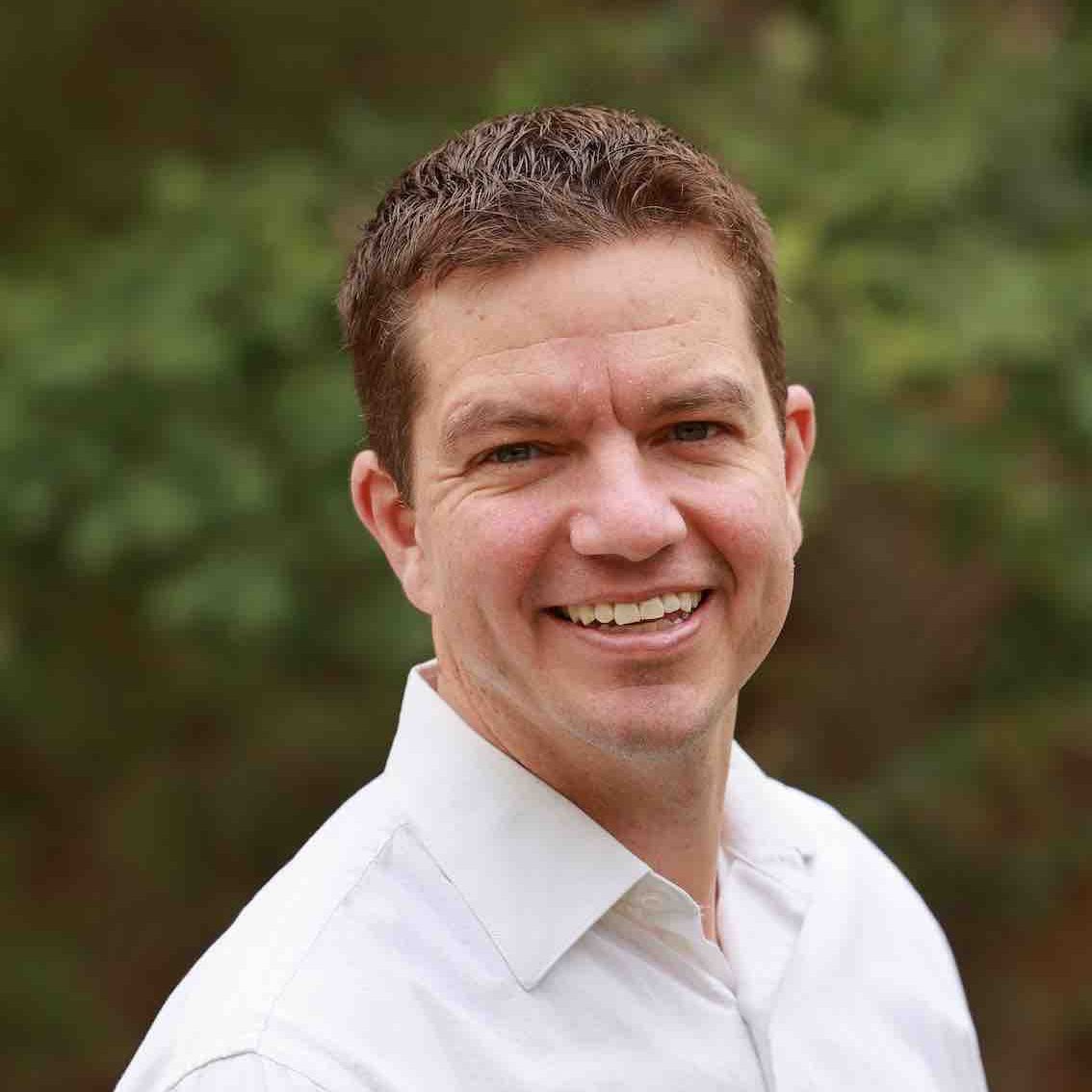
Kyle Beardsley is a political scientist with research that focuses on the quantitative study of international conflict and peace processes. He is particularly interested in questions related to the role of third parties in shaping conflict dynamics, the interdependence of networks of conflict and cooperation, the links between armed conflict and gender power imbalances, and the impact of nuclear weapons on international crisis behavior. He is currently working on a project that considers how proxy conflicts like those in Ukraine, Syria and Yemen are embedded in global and regional rivalries. A lens of international politics as the coevolution of networks of support, threat and civil war uncovers tradeoffs as states cultivate ``support groups,'' receiving security assistance from other states. Tools from social network analysis are used to evaluate an intergroup security dilemma logic that explains patterns of interstate and intrastate conflict worldwide, with implications for emerging alignments and rivalries in the Indo-Pacific.

Susan Colbourn is Associate Director of the Program in American Grand Strategy and Associate Research Professor at the Sanford School of Public Policy. Colbourn manages the day-to-day operations of the program. A historian of post-1945 international relations, she specializes in the politics of European security, the role of nuclear weapons, and the North Atlantic Treaty Organization (NATO). She is the author of Euromissiles: The Nuclear Weapons That Nearly Destroyed NATO (Cornell, 2022).

Ambassador (retired) Patrick Duddy is Senior Advisor for Global Affairs at Duke University. He has taught in both Duke’s Fuqua School of Business and Duke’s Sanford School of Public Policy and served for several years as the academic director of Duke’s Center for Latin American and Caribbean Studies. Before coming to Duke, Ambassador Duddy served as a U.S. diplomat for nearly thirty years. At his retirement from the U.S. Foreign Service he was one of the Department of State’s most senior Latin American specialists with exceptionally broad experience in trade, energy, public affairs and crisis management. From 2007 to 2010 he was the U.S. Ambassador to the Bolivarian Republic of Venezuela for both President Bush and President Obama. He has also served as U.S. head of delegation to international conferences on counter-narcotics, energy and assistance for Haiti. Duddy has written op-eds for many outlets and has been interviewed by NPR, the BBC, Deutsche Welle, the Voice of America, ABC Australia and CTV Canada among many others. He is the recipient of the Secretary of State’s Career Achievement Award and a Presidential Meritorious Service Award. He is a member of the Council on Foreign Relations and of the American Academy of Diplomacy. Educated at Colby College (BA), Northeastern University (MA) and the National War College (MS), he is married to Mary Huband Duddy. They have two children, Sarah and Robert.

Peter Feaver is Professor of Political Science and Public Policy and Director of the Program in American Grand Strategy. He is also co-PI of the America in the World Consortium. Feaver is author of Thanks For Your Service: The Causes and Consequences of Public Confidence in the US Military (Oxford University Press, 2023), Armed Servants: Agency, Oversight, and Civil-Military Relations (Harvard Press, 2003) and of Guarding the Guardians: Civilian Control of Nuclear Weapons in the United States (Cornell University Press, 1992). From June 2005 to July 2007, Feaver served as Special Advisor for Strategic Planning and Institutional Reform on the National Security Council Staff at the White House where his responsibilities included the national security strategy, regional strategy reviews, and other political-military issues. In 1993-94, Feaver served as Director for Defense Policy and Arms Control on the National Security Council at the White House where his responsibilities included the national security strategy review, counterproliferation policy, regional nuclear arms control, and other defense policy issues.

Nathan K. Finney, PhD is an Army Strategist currently serving at U.S. Indo-Pacific Command in Hawaii.
Nate was a founding executive board member of the Military Writers Guild (and is currently serving as President), as well as a founder of The Strategy Bridge and the Defense Entrepreneurs Forum. He is a managing editor at the British Journal for Military History, on the editorial advisory board for the Journal of Military History, a senior mentor for the Project on International Peace and Security (PIPS) at the College of William & Mary, a Non-Resident Fellow at the Atlantic Council’s Indo-Pacific Security Initiative, and a member of the Council on Foreign Relations. Nate was a Visiting Fellow at the Australian Strategic Policy Institute and a former Non-Resident Fellow at the Modern War Institute at West Point. He is publishing a book with Cornell University Press in 2025 titled Orchestrating Power: The American Associational State in the First World War. Nate is currently researching his next book, which is focused on Cold War Taiwan.
He earned a Ph.D. in History from Duke University in 2022 while also serving as a Goodpaster Scholar. Previously, he received master’s degrees in Public Administration from Harvard University and the University of Kansas, and a B.A. in Anthropology from the University of Arizona.

The Honorable Dr. John Hillen is a Distinguished Resident Fellow at Duke’s Center for Politics (POLIS) and an Executive-in-Residence in the Department of Political Science.
Hillen is a former US Assistant Secretary of State, decorated Army combat veteran, and former public company CEO. He currently serves as the Board Chairman of several companies and recently concluded a five-year term as the James C. Wheat Jr. Visiting Professor in Leadership at Hampden-Sydney College. A 1988 Duke public policy graduate and Fulbright scholar, he has been an adjunct Professor at the Sanford School and in the business school at George Mason University, where he has won several teaching awards.
He was confirmed by the Senate in 2005, where he served as the Assistant Secretary of State for Political-Military Affairs in the second half of the Bush administration. In that capacity, he spent much of his time with U.S. and allied troops in war zones, including Iraq, Afghanistan, and the southern Philippines. He has written or edited several critically acclaimed books on international security affairs and has published articles in numerous journals and newspapers, including Foreign Affairs, The New York Times, National Review, The Wall Street Journal, and The Washington Post. He has appeared on every major television network and served as an on-air commentator for ABC News for a number of years.
In addition to his undergraduate degree from Duke, Dr. Hillen holds a master’s degree in war studies from King’s College London, a doctorate in international relations from Oxford University, and an MBA from the Johnson School of Management at Cornell University. He was awarded an honorary Doctor of Laws from Hampden-Sydney College in 2019.

David Hoffman is the Steed Family Professor of the Practice of Cybersecurity Policy at the Sanford School of Public Policy and holds a Senior Lecturing Fellow appointment at the Duke University School of Law. He also formerly was the Associate General Counsel, Director of Security Policy and Global Privacy Officer for Intel Corporation where he spent 23 years as part of the legal department. He has founded Resolute Data Protection, LLC, which provides consulting services on cybersecurity, data protection and semiconductor supply chain policy. Hoffman has chaired and participated in a variety of panels and boards relating to privacy and cybersecurity. He previously served on the Department of Homeland Security’s Data Privacy and Integrity Advisory Committee and the Board of Directors of the National Cyber Security Alliance. He has also served on the U.S. Federal Trade Commission’s Online Access and Security Committee, the Center for Strategic and International Studies Cyber Security Commission, the Steering Committee for BBBOnline, the TRUSTe Board of Directors and the Board of the International Association of Privacy Professionals. He is the author of many papers and articles on cybersecurity and privacy and has testified to Congress on these topics. Hoffman has a JD from Duke Law School, where he was a member of the Duke Law Journal. He received an AB from Hamilton College.

Bruce W. Jentleson is the William Preston Few Professor of Public Policy and Professor of Political Science at Duke University. Other positions include Global Fellow at the Woodrow Wilson International Center for Scholars (also a 2022 Distinguished Fellow in residence) and Non-Resident Senior Fellow at the Chicago Council on Global Affairs. He was the longtime Co-Director and now Senior Advisor for the Bridging the Gap project promoting greater policy engagement among academics. His most recent books are Economic Sanctions: What Everyone Needs to Know (Oxford University Press, 2022) and The Peacemakers: Leadership Lessons from 20th Century Statesmanship (W.W. Norton, 2018). He has published articles, blogs, and op-eds in a variety of outlets and currently serves on the Editorial Boards of Political Science Quarterly, Washington Quarterly, Global R2P, and CIAO (Columbia International Affairs Online). Jentleson has served in a number of senior US foreign policy positions and has has lectured internationally. He is often quoted in the press and has appeared on such shows as the PBS News Hour, BBC, NPR, and many others.

Andrew Kenealy is a PhD candidate in political science at Duke University and a pre-doctoral fellow with the America in the World Consortium. From 2021 to 2023, he was the graduate fellow with Duke AGS. He studies the connections between domestic politics & international relations, with a focus on U.S. foreign relations. Some of his academic work is accepted or published at Journal of Politics, Journal of Peace Research, Presidential Studies Quarterly, and Journal of Cold War Studies. Before graduate school, Andrew was a research analyst at the Brookings Institution and the head coach of the varsity girls rowing team at Jackson-Reed High School. He holds a B.A. from Dartmouth College.
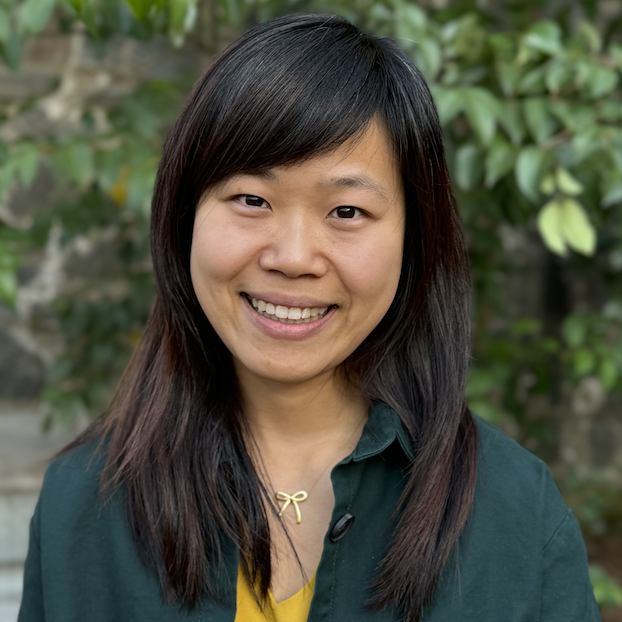
Shelley Liu is an assistant professor at the Sanford School of Public Policy. Her primary research and teaching focuses on issues relating to conflict, development, and state-building in fragile political contexts. Her ongoing research projects examine (1) how war shapes politics and development, (2) citizen agency in state legibility projects, and (3) the determinants of polarization, politicization, and disengagement.

Simon Miles is associate professor in the Sanford School of Public Policy at Duke University. He is the author of Engaging the Evil Empire: Washington, Moscow, and the Beginning of the End of the Cold War, published by Cornell University Press in October 2020; of articles in Diplomacy and Statecraft, Diplomatic History, International Security, the Journal of Cold War Studies, and Slavic Review; and commentary in Foreign Policy, the Globe and Mail, War on the Rocks, and the Washington Post. Simon’s current project, On Guard for Peace and Socialism, is an international history of the Warsaw Pact, forthcoming from Princeton University Press.

Rachel Myrick is the Douglas and Ellen Lowey Assistant Professor of Political Science at Duke University. Her current book project, Partisan Polarization and International Politics, explores how polarization affects foreign policymaking in democracies, with an emphasis on U.S. national security policy. Myrick’s research is published or forthcoming at academic journals like International Organization, International Studies Quarterly, Journal of Conflict Resolution, and Journal of Politics, among others. She completed her PhD in 2021 at the Department of Political Science at Stanford University where her doctoral dissertation won the Merze Tate Award from the American Political Science Association and the John McCain Dissertation Award from the Munich Security Conference.

Tim Nichols (UVA, USF, NCSU) Tim served as an intelligence officer in the Marine Corps for over 21 years with extensive experience in the special operations, intelligence, and counterterrorism fields. His overseas experience spanned deployments to Saudi Arabia, Iraq, Afghanistan, the Middle East, East Africa, Central America, and the Pacific. In addition to his consulting activities, Tim is currently a research fellow and visiting professor of the practice in the School of Public Policy at Duke University. He is the executive director of the Counterterrorism and Public Policy Fellowship Program and the Director of Graduate Studies for the Master of National Security Policy Program. His research interests and teaching responsibilities include Counter WMD policy, intelligence, arctic security, national security, and counterterrorism policy.
![original-31E3AE97-80F0-4286-91F1-9DDAA6A5DD63[25] Clara park](https://ags.duke.edu/wp-content/uploads/sites/26/bb-plugin/cache/original-31E3AE97-80F0-4286-91F1-9DDAA6A5DD6325-circle-09d5e7a0244653cca189bf3368777aa9-hld7fzj5k6up.jpeg)
Clara Park is a visiting assistant professor of political science at Duke University. Her research interests include international trade and finance, climate change, and the US foreign economic policy in the Asia-Pacific region. She is the author of Making Financial Globalization: How Firms Increasingly Shape International Regulatory Cooperation (Oxford University Press, 2024)
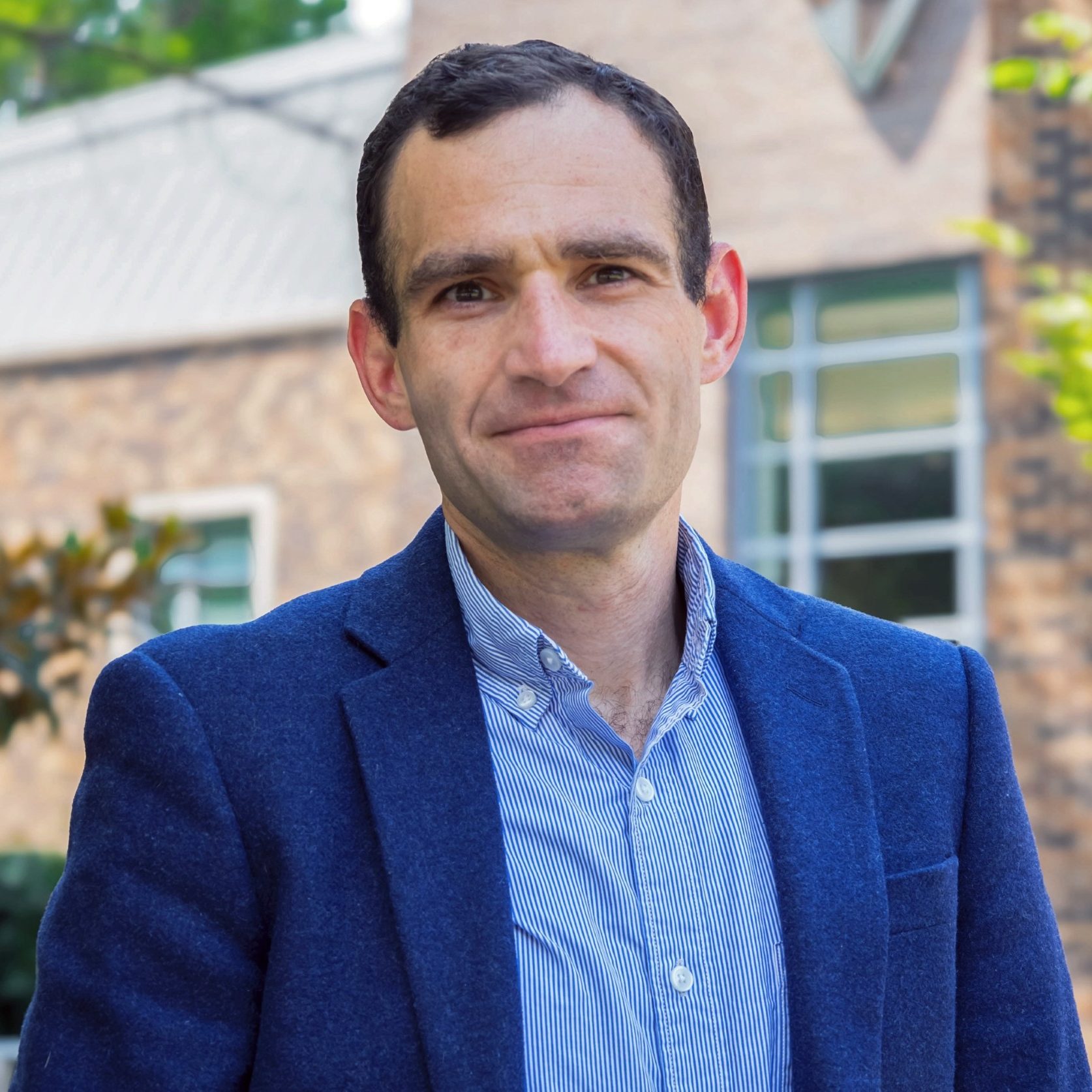
Jon Petkun is an Associate Professor of Law at Duke Law School. Petkun’s research uses the tools of applied microeconomics to study a variety of topics at the intersection of law and public policy. His recent research has focused on the legal and economic organization of the U.S. federal courts as well as the U.S. military. Prior to entering academia, Petkun served in the U.S. Marine Corps in both Iraq and Afghanistan.

Mara Revkin is an Associate Professor at Duke Law School with a secondary appointment in the Department of Political Science. Her primary research and teaching interests are in armed conflict, peace-building, transitional justice, migration, and policing with a regional focus on the Middle East and Africa. She holds a J.D. from Yale Law School (2016) and a Ph.D. in Political Science from Yale University (2019) where her dissertation examined the Islamic State's governance of civilians in Iraq and Syria. She uses qualitative and quantitative empirical methods including surveys, experiments, interviews, and archival research, and has conducted field research in Egypt, Iraq, Syria, and South Sudan. In addition to her academic research, she has worked with and advised United Nations agencies and other humanitarian organizations on the design of evidence-based programs and policies that aim to strengthen rule of law and the protection of human rights, support peaceful reconciliation after conflict, and mitigate the root causes of political violence.
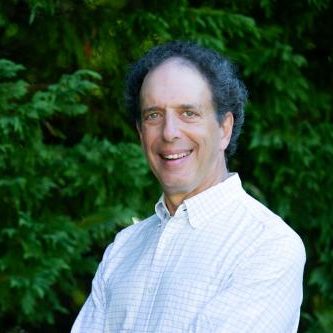
David H. Schanzer is a Professor of the Practice at the Duke Sanford School of Public Policy. He teaches courses, conducts research, and writes about national security issues, with a focus on domestic terrorism, counterterrorism, Middle East policy, and the intersection of technology. Schanzer has authored over 70 op-ed columns and the Substack newsletter – Perilous Times. He is a frequent guest on local, national, and international television and radio. He has also created two free massive on-line courses – Understanding 9/11 and Responding to 9/11 – on the Coursera platform that have been used by approximately 20,000 people around the globe. Schanzer is the lead author of three National Institute of Justice funded studies on preventing terrorism and has served in a variety of roles in both the legislative and executive branches of the federal government. He is a graduate of Harvard College, where he received a B.A. cum laude in Government in 1985 and the Harvard Law School, where he was an editor of the Harvard Law Review from 1987-1989.
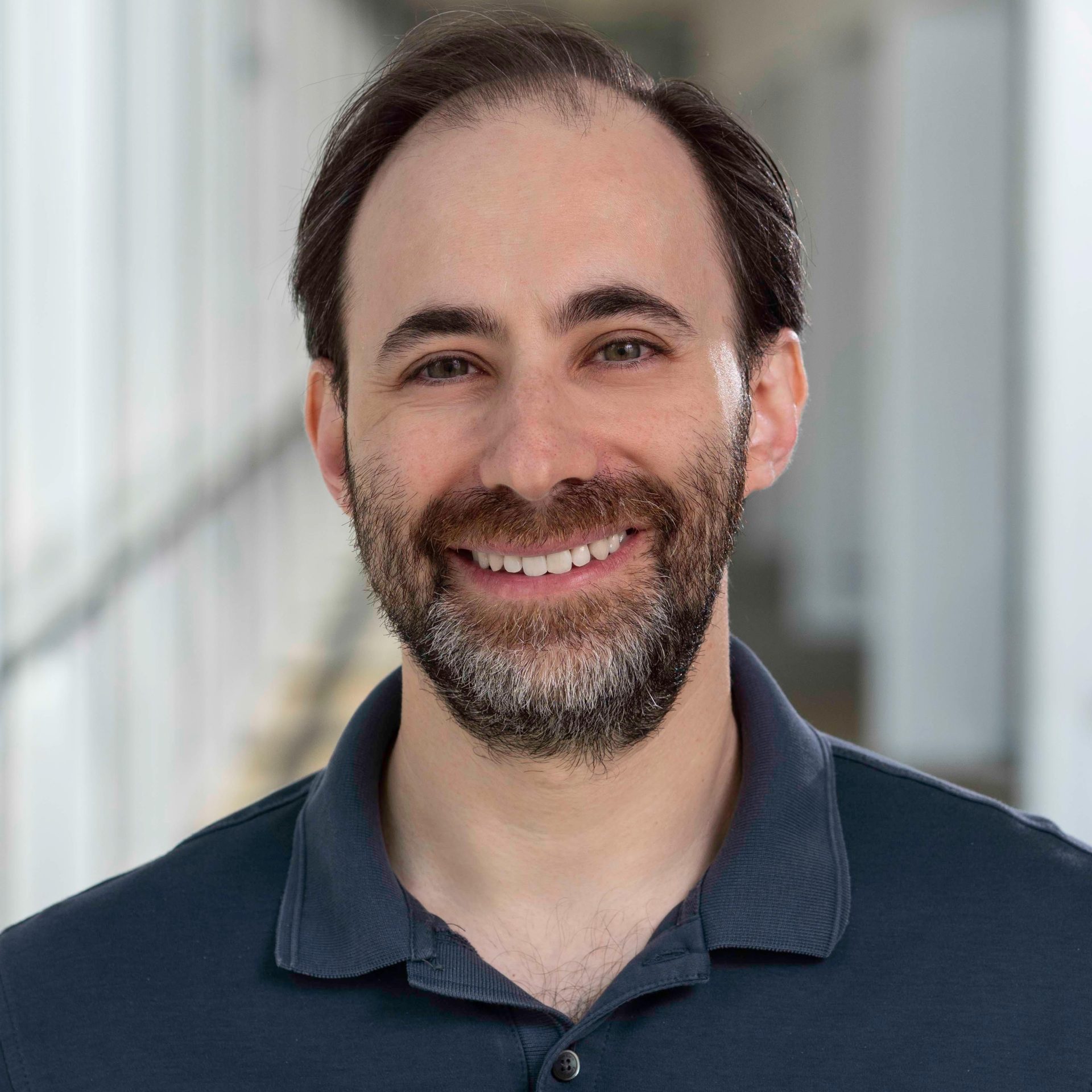
David A. Siegel (Stanford Ph.D., 2006) is Professor of Political Science and Public Policy. His research addresses the theoretical determinants of collective action in the contexts of political violence and terrorism, elections, and opinion and identity formation. He has published in journals such as the American Political Science Review, American Journal of Political Science, and Journal of Politics, and is the coauthor of A Behavioral Theory of Elections and A Mathematics Course for Political and Social Research, both from Princeton University Press. Prior to coming to Duke, he was on faculty at Florida State University.
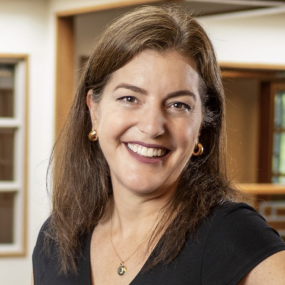
Jennifer Siegel specializes in modern European diplomatic and military history, with a focus on the British and Russian Empires. She is the author of For Peace and Money: French and British Finance in the Service of Tsars and Commissars (Oxford University Press: 2014) and Endgame: Britain, Russia and the Final Struggle for Central Asia (I.B. Tauris, 2002), which won the 2003 AAASS Barbara Jelavich Prize. She has published articles on financial history and intelligence history, and co-edited Intelligence and Statecraft: The Use and Limits of Intelligence in International Society (Praeger, 2005). Professor Siegel teaches classes on European diplomatic and military history in the nineteenth and twentieth centuries, international relations, comparative empires, modern intelligence history, the origins of wars, and the history of oil. Her current research projects include an exploration of the diplomacy of the First World War and a book on civilian intelligence in occupied Belgium during the First World War.
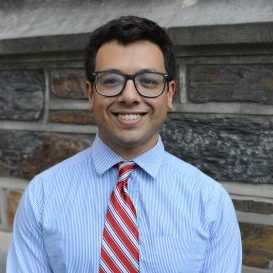
Alfredo Watkins is an Assistant Research Professor in Philosophy at Duke University. His interests lie at the intersection of ancient philosophy, political theory, and international relations. His research focuses on the implications of Greek and Roman thinking about empires for questions of grand strategy today. His current scholarly project is an evaluation of Plato's views on international relations while putting him in dialogue with his contemporaries, especially Thucydides.

Erika Weinthal specializes in global environmental politics and environmental security with a particular emphasis on water and energy. Areas of research include (1) global environmental politics and governance, (2) environmental conflict and peacebuilding, (3) the political economy of the resource curse, (4) climate change adaptation, and (5) global energy transitions). Dr. Weinthal is author of State Making and Environmental Cooperation: Linking Domestic Politics and International Politics in Central Asia (MIT Press 2002), which received the 2003 Chadwick Alger Prize and the 2003 Lynton Keith Caldwell Prize. She co-authored Oil is not a Curse (Cambridge University Press 2010) and Water Quality Impacts of the Energy-Water Nexus (Cambridge University Press 2022). She has co-edited Water and Post-Conflict Peacebuilding: Shoring Up Peace (2014), The Oxford Handbook on Water Politics and Policy (Oxford University Press 2017) and The Oxford Handbook of Comparative Environmental Politics (2023). She was a founding Vice President of the Environmental Peacebuilding Association. In 2017 she was a recipient of the Women Peacebuilders for Water Award under the auspices of “Fondazione Milano per Expo 2015”.

Giovanni Zanalda is Professor of the Practice in the Social Science Research Institute (SSRI), Department of Economics, and Department of History at Duke University. He is the Director of the Rethinking Diplomacy Program, co-founder of the Space Diplomacy Lab, and former director of the Duke University Center for International & Global Studies (2015- 2022) and of the Asian/Pacific Studies Institute (2015- 2017). Zanalda is an economic historian specialized in the history of the international economy, finance, development, globalization, science diplomacy, and space economy. He teaches courses on space economy/ics, financial crises, emerging markets, and on the international economy (1850-present) in the Department of Economics, and on the history of globalization in the Sanford School of Public Policy and Department of History. Zanalda worked in the Development Economics Vice President and Chief Economist Office of the World Bank and conducted research in Europe, East Asia, Africa, and Argentina. MA (SAIS – Washington DC) and PhD (Johns Hopkins University). He is currently working on research projects on Space Value Chains, Space Debris, Space Diplomacy, Future Space Settlements, and Emerging Spacefaring Nations

